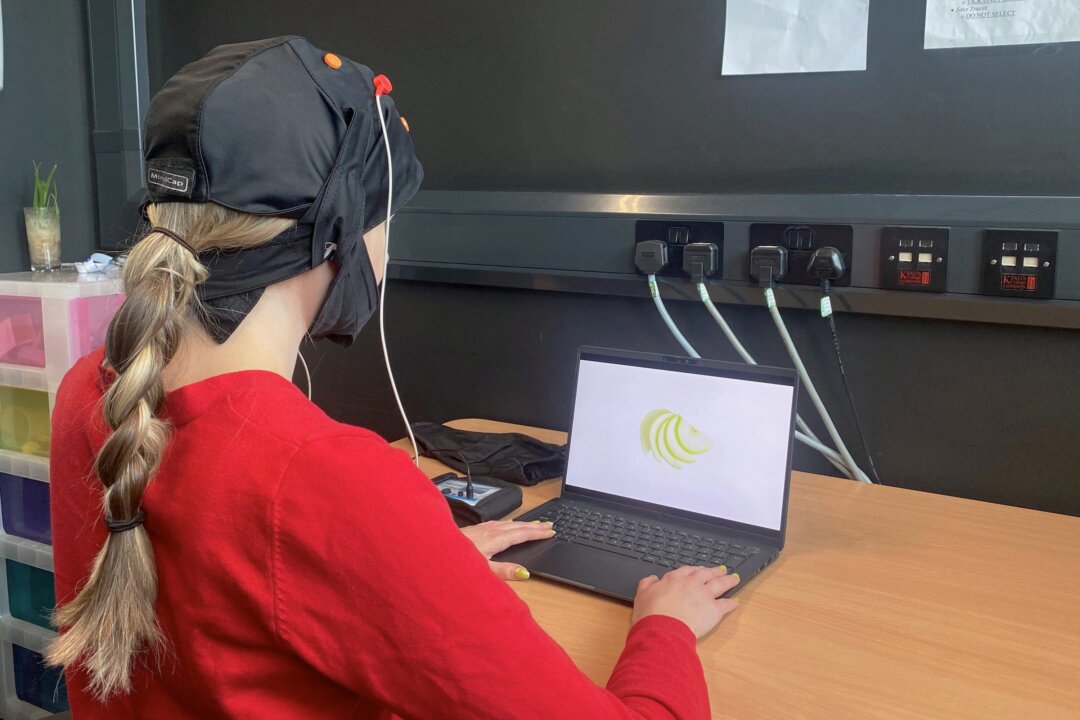A new way of treating binge eating disorder at home using electrical brain stimulation, has shown “encouraging” results, clinicians have said. Participants in a clinical trial by the Institute of Psychiatry, Psychology, and Neuroscience (IoPPN) at King’s College London reported changes in their eating behaviour and lasting weight loss. Researchers applied a treatment that combines a technique called transcranial direct current stimulation (tDCS) with a training programme that targets unhelpful patterns of attention around food.
Gentle electrical stimulation is applied via electrodes placed on the scalp to selected areas of the brain. It changes the function in the prefrontal areas of the brain, while attention bias modification training (ABMT) helps patients regulate their biases towards food cues. The trial involved 82 participants, who were overweight or living with obesity and who met criteria for a binge eating disorder diagnosis.

Binge eating disorder involves regularly eating a lot of food over a short period of time until uncomfortably full. The NHS defines it as a serious mental health condition, where people eat without having control of what they are doing. Participants in the trial were divided into four groups, where some received both tDCS during ABMT and others received pretend headsets that didn’t deliver brain stimulation.
Researchers found that the patients with real treatment showed the most pronounced changes to their eating behaviour. For them, bin.























